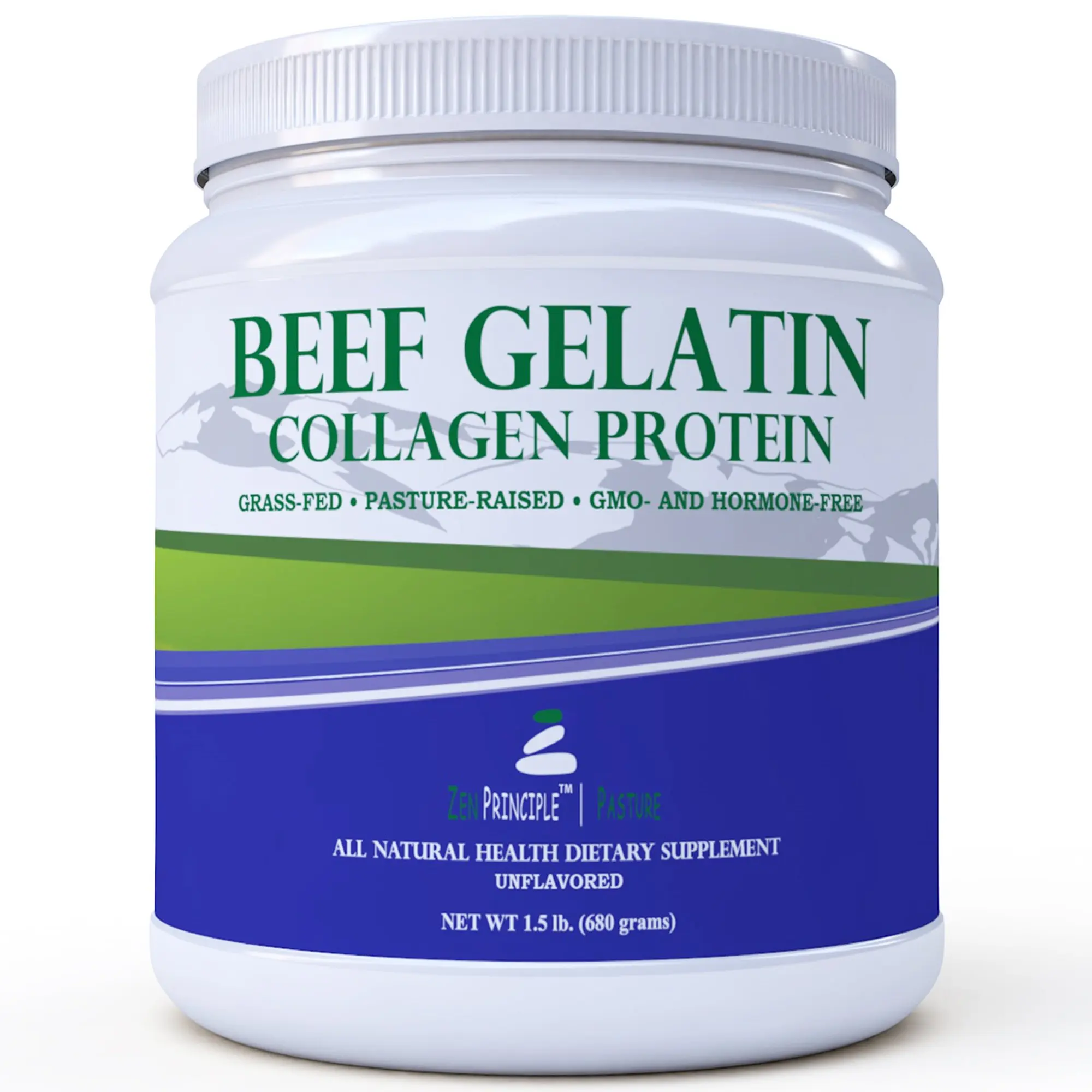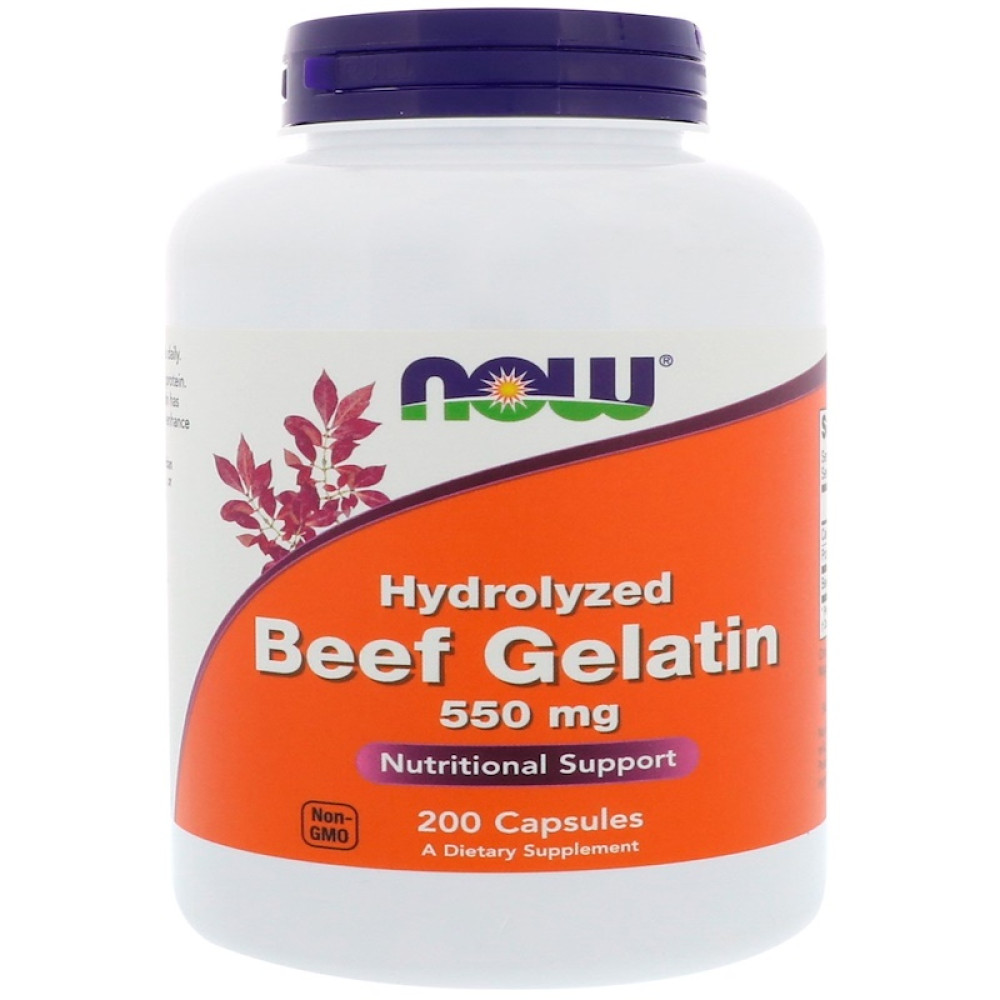
Very weak digestion: bone broth (however, if you have a digestive condition like SIBO, you may not be able to tolerate bone broth made from cartilage at all due to it being a high FODMAP food).Weak digestion: collagen hydrolysate, bone broth.Strong digestion: regular gelatin (dissolved only in desserts, snacks, etc.), collagen hydrolysate, and bone broth.This is what I've found works best with my clients: 2) Choose the type of gelatinthat fits your digestive abilities. Ray Peat, PhD., gelatin or collagen can make up to about to 30% of total protein intake, so for the average person that is about 3-6 tablespoons per day (1 tablespoon is 6 grams of protein). If you have a digestive condition like IBS or IBD, you may have to go even slower, or you may not tolerate it at all.Īccording to Dr. Start with a small serving ½-1 tablespoon per day and slowly increase your dose every few weeks as tolerated. The primary amino acid in gelatin and collagen is glycine, and it is needed in abundance to fuel detoxification in the liver, particularly phase 2.Īccording to Peter Bennet in The 7 Day Detox Miracle Solution, "Glycine is a non-essential amino acid that the body uses for detoxification reactions in the liver."Įating too much too quickly can overwhelm your body, and do more harm than good. If you've ever overdosed on gummy bears, sweet and sour protein bites, or overdosed on collagen the first time you used it, you MAY already know what I'm about to talk about! 1) Eating too much gelatin or collagen and/or using the wrong kind for you can cause digestive upset-> constipation, pain, excessive fullness, bloating and lack of appetite. It's in there as a result of the manufacturing process so unfortunately we can’t get gelatin without it.Gelatin and collagen are all the rage right now - and for GOOD reason, but there are some not-so-widely known facts that I would like to share with you. The levels present in gelatine are right on the cusp of being at a level it even needs to be declared (so is very low) but we just wanted people who are sensitive to sulphates to make informed decisions.

It is totally safe for people who aren’t sensitive to sulphates. Is the Sulphur Dioxide in the Gelatin safe? Their diets are supplemented with non-GMO grains when necessary. Our Gelatin comes from Australian cows, which are predominantly grass fed. These amino acids are necessary for us to consume as they provide the benefits for all of our connective tissue such as skin, ligaments, bones, cartilage and even our gut lining. Gelatin naturally contains a large amount of amino acids such as proline, glycine, hydroxyproline, glutamine and many more which can otherwise be hard to obtain from lean cuts of meat commonly consumed in the western diet. It is produced through a method of heating these components to naturally extract the gelatin rich collagen from these areas. Gelatin is a naturally occurring protein source, derived from the collagen rich components of connective tissue in animals. Where is Gelatin made and where does it comes from? There is no way to obtain gelatin from a plant source as by nature it only occurs in protein rich connective tissue which plants do not have. No unfortunately, Gelatin is not vegan or vegetarian friendly as it is derived from animal sources.

We invite you to research the product to ensure that you are not sensitive to any particular ingredients. We only say so as we believe that every pregnancy is different, taking a toll differently on each individual body in vitamin, mineral and energy levels.

#Recommended amount of beef gelatin powder professional
In saying this, we do advise on all our products to seek advice from your health care professional on taking our products if you are pregnant or breastfeeding.

Is it pregnancy & breastfeeding friendly?


 0 kommentar(er)
0 kommentar(er)
